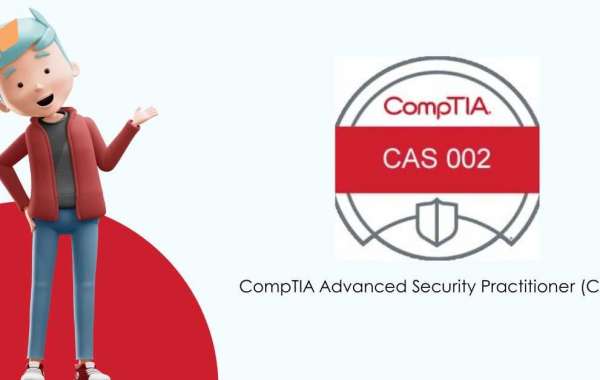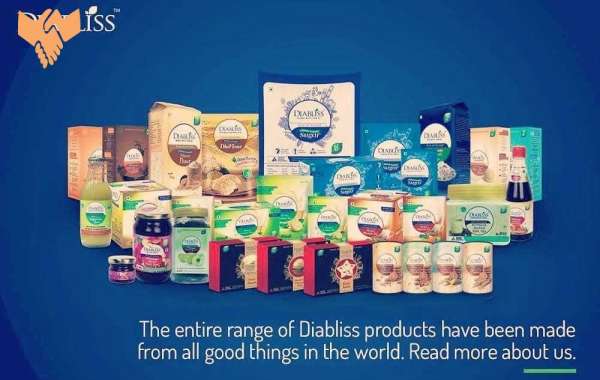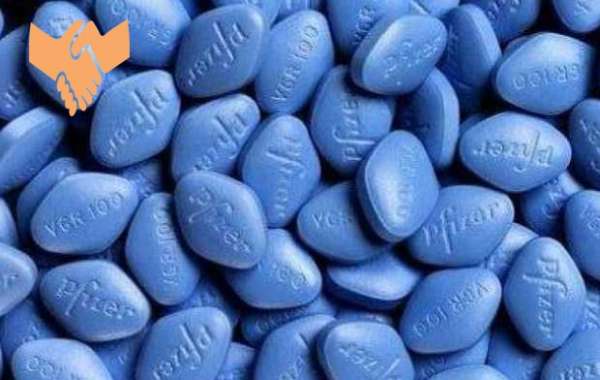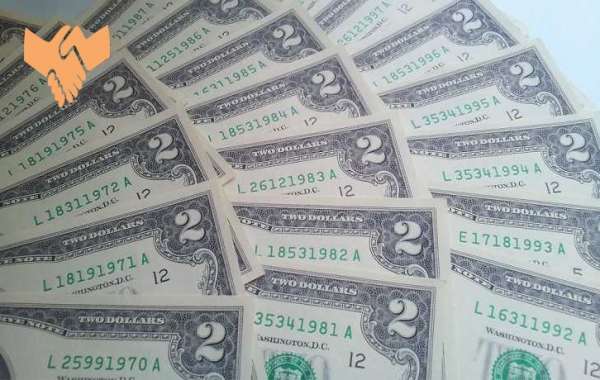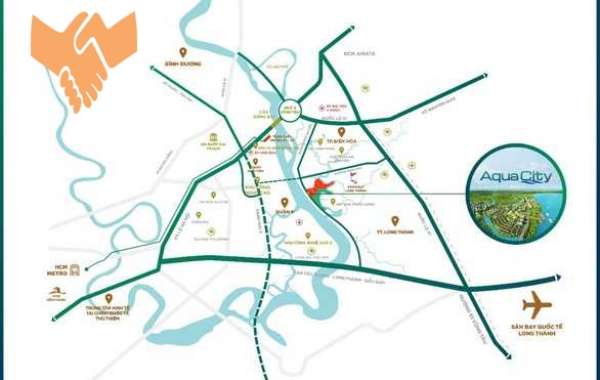Depending on your specific situation, your treatment provider may suggest different types of psychotherapy (talk therapy). Medications like certain antidepressants can help with cravings and withdrawal.
Behavioral therapy and life skills training help people to develop new healthy habits and cope with stress. Family and group therapy help people repair damaged relationships and build supportive networks.
Symptoms
When a person develops an addiction to alcohol or drugs, they become pathologically preoccupied with the substance or activity. They continue to use it despite negative consequences such as relationship problems, legal issues and poor health. They may lie about their drug use or even attempt to hide it from loved ones. They will also sacrifice other activities that they once enjoyed in order to engage in their drug habit.
Some of the most noticeable signs that a person has a drug problem include a change in their appearance, stealing money to buy more drugs and having strange items such as unusual pipes or cigarette papers. Some people who have a drug addiction will also have physical symptoms such as shaking and sweating when they stop using the drug. These symptoms are a sign that it is time to get help. Sometimes, family and friends will organize an intervention with the guidance of a health care provider or mental health professional.
Diagnosis
A person can be diagnosed with addiction based on behavior, history and physical exams. People with an underlying mental health problem or marriage or family problems are more likely to be addicted to drugs. Environment and genetics also play a role.
A drug or alcohol addiction is a treatable medical condition, just like hypertension, diabetes and asthma. Addiction treatment helps people manage their use of drugs, reclaim their lives and resume productive living.
Treatment programs should provide services that include medical management of withdrawal and detoxification; assessment; education and counseling; psychiatric care; and pharmacological interventions. Some programs offer family involvement, which improves communication and overall family functioning. Most programs require urine or breath testing to monitor drug use. Continuing care, sometimes called follow up care, is essential to long-term success. This involves assertive linkages to social services, peer support groups and recovery residences, among others. These are critical to successful reintegration into the community and workplace.
Treatment Options
There is no one-size-fits-all treatment plan for drug addiction. People have different needs and preferences for treatment based on their specific drug use history, the severity of their symptoms, their family and work responsibilities, and their physical health.
Many drug treatment programs include individual and group therapy. Medications are sometimes used to help people stop using drugs or to treat underlying conditions like depression.
Residential treatments may last for a month to a year or more and are aimed at helping people stay drug-free while living with their families and meeting work, school, and social obligations. These programs typically provide housing and offer a structured environment with 24-hour care.
Self-help support groups like Alcoholics Anonymous (AA) and SMART Recovery(tm) can decrease feelings of shame and isolation that can lead to relapse by providing an environment where other people are in similar situations. These groups meet regularly and are often available online. Some drug rehabs also offer job readiness services and other life skills.
Cost
The cost of addiction treatment can be prohibitive for many individuals. Fortunately, there are a variety of financial options to help pay for addiction treatment. Many treatment centers offer insurance assistance and work with patients to find a payment plan that works for them. Individuals who do not have insurance can take advantage of state-funded programs or publicly-funded detox and outpatient addiction treatment.
Private residential addiction treatment programs are typically more expensive than outpatient care. This is because you will live at the facility and be away from home, work and other temptations for a period of time. Private residential addiction treatment programs can range from $26,000 to $100,000 monthly depending on the type of program and amenities offered.
The sensitivity analysis results suggest that the proposed episode cost bands may be more accurate than those reported by CSAT for the methadone maintenance and adult residential modality. However, it is unclear to what unit of service these cost estimates apply and how they were derived from data on program budgets or economic costs.

